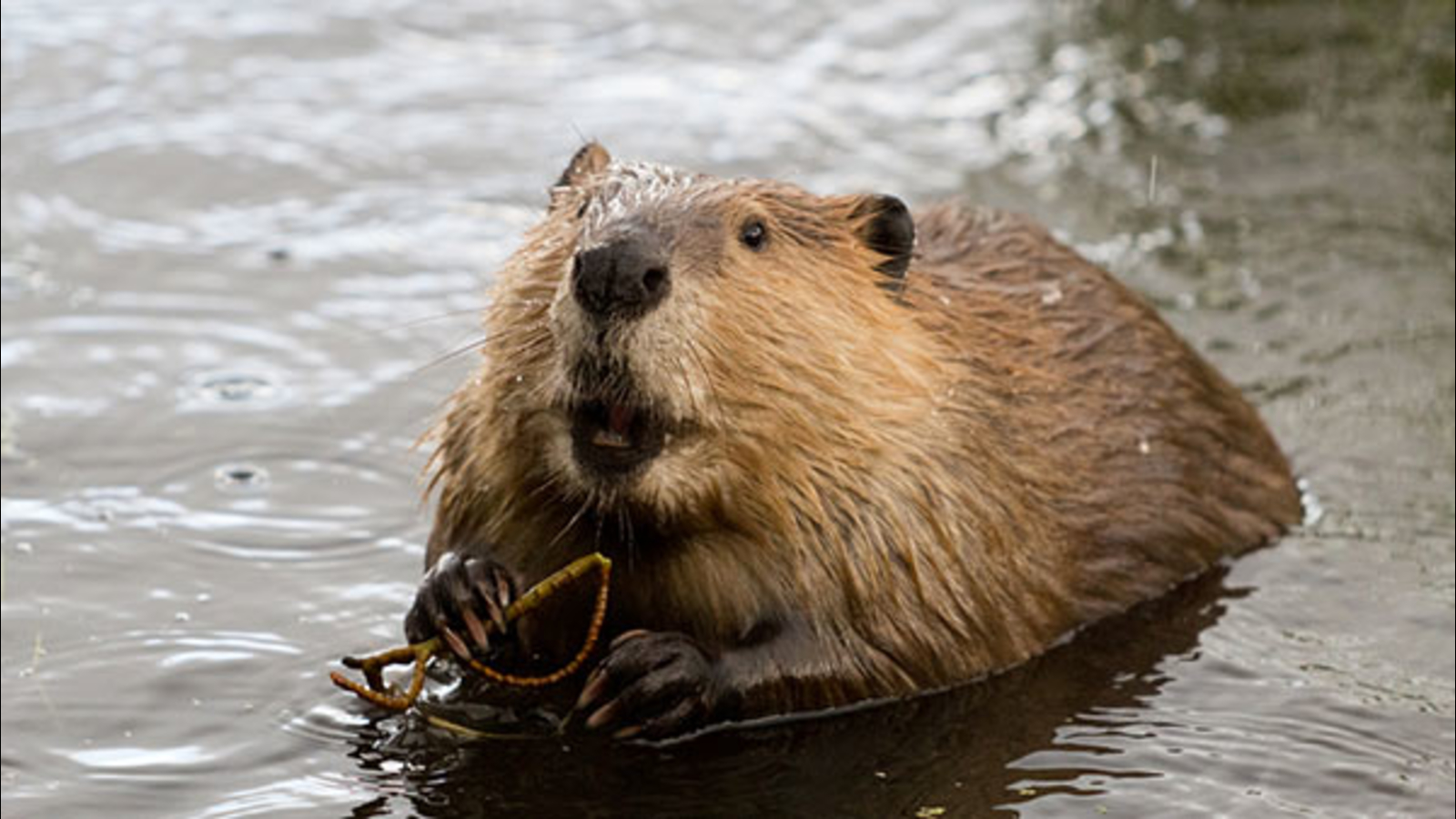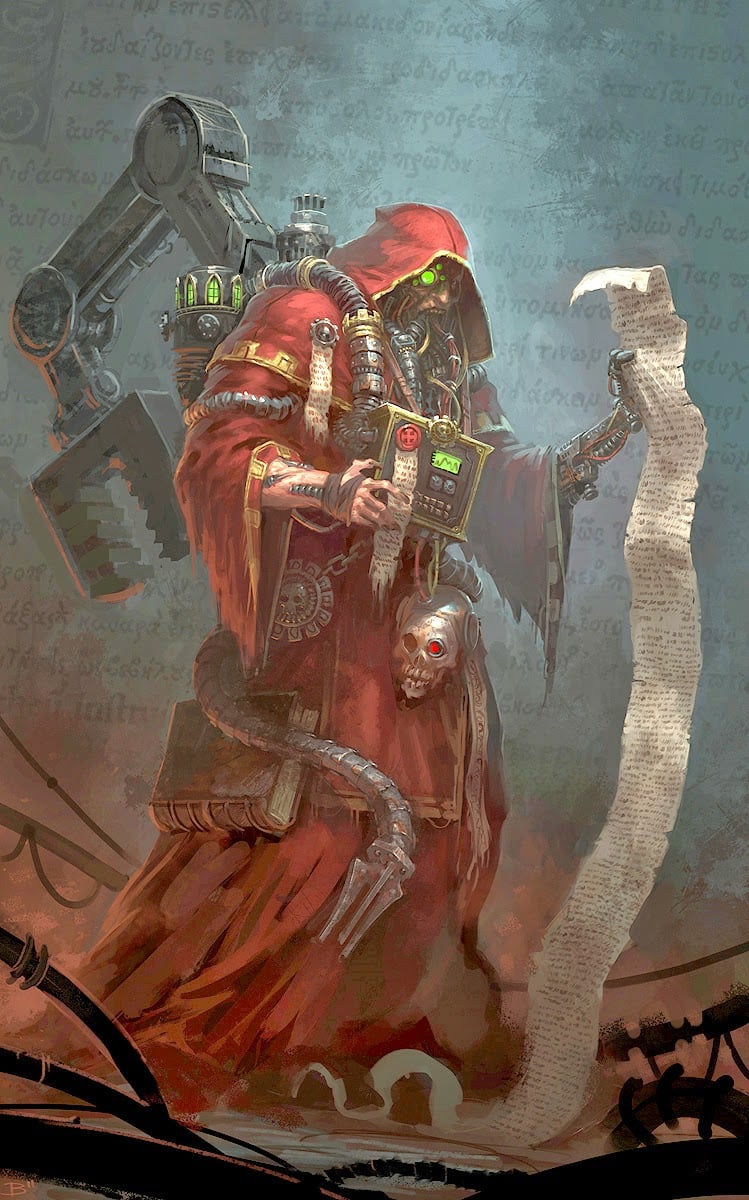I have zero knowledge of the history or geopoliticial millieu there, I know there’s obviously lots of Ukrainians who speak both languages but not sure that translates to them wanting to necessarily join Russia per se.
Yes. The Donetsk and Luhansk separatist republics were created by pro-Russian Ukranians with Moscow’s backing. Russia officially annexed them in 2022.
It’s all a bit conplicated though. You have ethnic Russians who consider themselves Russian despite being born within the borders of what we known as Ukraine. You also have many who were born in Soviet Ukraine prior to the collapse of the USSR in 1991 who still feel an affinity for Russia. And pro-Russian politics have existed for as long as independent Ukraine has.
My guess is that even if the war ended today and the borders returned to the pre-2014 borders, there would still be a pro-Russian insurgency in eastern Ukraine for a very long time.
Is there anyone who supports Russia who isnt actually on the ol payroll tho? Its almost like nobody actually wants what they “offer” and represent when it comes down to it other than paying them off
There were parts where people were more likely to speak Russian than Ukrainian, though it did not follow that they would rather be ruled from Moscow (as Russian propagandists claimed). In any case, one effect of Russia attempting to equate the Russian language with the Russian state has been a lot of Ukrainians who always spoke Russian learning Ukrainian and switching to using that in public, just to leave no doubt.
Perhaps before the 2022 invasion. You can see for example the first round of the last presidential election results here - the light blue supported the pro-Russia candidate Yuriy Boyko, who didn’t advocate being part of Russia but instead wanted better relations with Russia. After the invasion, Boyko himself apparently became part of a new party of ex-pro-russian candidates who now support Ukraine against Russia.
Generally it’s hard to say how many fit into the category of “wanted an independent Ukraine but that is still close to Russia”, but my sense is that it was a pretty large part of the blue group. Consider for example the average American liberal who wants the US to be more like Canada - probably there are some who would rather have their part of the country become part of Canada, but it’s probably not most and certainly nowhere near all. Additionally, it’s likely that many who actually did want to live in Russia changed their mind after the atrocities of the invasion.
No, why would they? Haven’t you heard that Russia is literally Mordor filled with orcs, while Ukraine (especially under Zelensky’s rule) is a bastion of democracy? I don’t think that western governments/media and especially Zelensky (who doesn’t benefit at all from this war and is the main victim here) would lie to anyone about that!
Now that we got sarcasm out of the way…
If you want to form an informed opinion about it you can start by looking at the map of 2010 elections, where there was basically two candidates, a pro-EU one and pro-Russian one. Take a look at the distribution and percentage of people voting for a particular candidate in particular regions. Then look into the coup that happened in 2014, which powers participated in it (you can listen to their leaked conversations as well), then remember the electoral map you just looked at, and maybe make some conclusions.
That’s “before the invasion” the part.
“After the invasion” part is of course less clear, but again if you want to start making an informed opinion you can start by looking, for example, at the level of freedom people located on Ukraine controlled territories have and that of people on annexed by Russia territories (or just “Russia proper” territories). Who is free to leave at any moment and go anywhere, and who is forbidden to leave the country because the government needs cannon fodder? Who is encouraged to volunteer to join the army with monetary incentives, and who is kidnapped from the street, beaten, held in basements for days and forcefully sent to the meat grinder? Again, you can try to make some conclusions from that, and maybe speculate whether it’s possible that people from one of those groups may want to join the other one.
As a finishing touch - I am Ukrainian, I was born there, and lived most of my life there. Thankfully, I left the country before the war started. If I visit Ukraine - I will most likely be dead in a matter of months (after being kidnapped and beaten by the brave TCC guys). If I visit Russia - I will at most face more scrutiny at the border due to the war. I’m not from an eastern region of Ukraine and I never wanted it to become a part of Russia. You can try to guess which options are preferrable for me currently.
There are people in Denmark who want to be part of North Korea. So let’s ignore these oddballs.
What Russia loves to do, since like ever, is to drive out natives to a region and plant Russian ethnics there to get a hold of it.
For example this happened to Crimea more than once. Most noteworthy in 1944 when Stalin ordered mass deportations of non Russian ethnicities. Last time was in 2014, when Russia annexed the peninsula and started shipping their own people in. These people are not Ukrainian but their voice still counted when it came to becoming a part of Russia.
Not like Russia gives a fuck about what is right, but it gave them an excuse to bite off a chunk of another country.
If there are parts, they can move. What a few people want doesn’t mean national borders should be taken by force by another state.
As much as they are still Nazis in the USA, yes.
So…like…60%?
Probably feels like that in the States right now, but it’s really a case of voter apathy and a vocal minority. In all politics, but especially in the States, the people who yell the loudest and longest hit the public awareness the most. And sadly, the more deranged and unlikely the things the nutjobs say the more it seems to strike a chord with people who are feeling disenfranchised by the government.
Most Ukrainians can speak Russian. The conflict between Ukrainian speakers and Russian speakers isn’t really some sort of ethnic conflict, but actually more of a culture war between political factions. Which was escalated by Russian state media which was popular among Russian speakers. There was probably some political support for the Russian soldiers when they first overthrew local governments in 2014, but the violence in 2014, and the slaughter since the 2022 invasion has quickly evaporated any support for the Russian regime in Ukraine.
So the short answer is, about as much as Americans wanted to join Nazi Germany. Definitely some people, but it has definitely lost popularity.
As much as there were parts of Poland, Lithuania, Latvia, Estonia, and even the Soviet Union that preferred to be part of Germany than part of the country they were in 1939.






